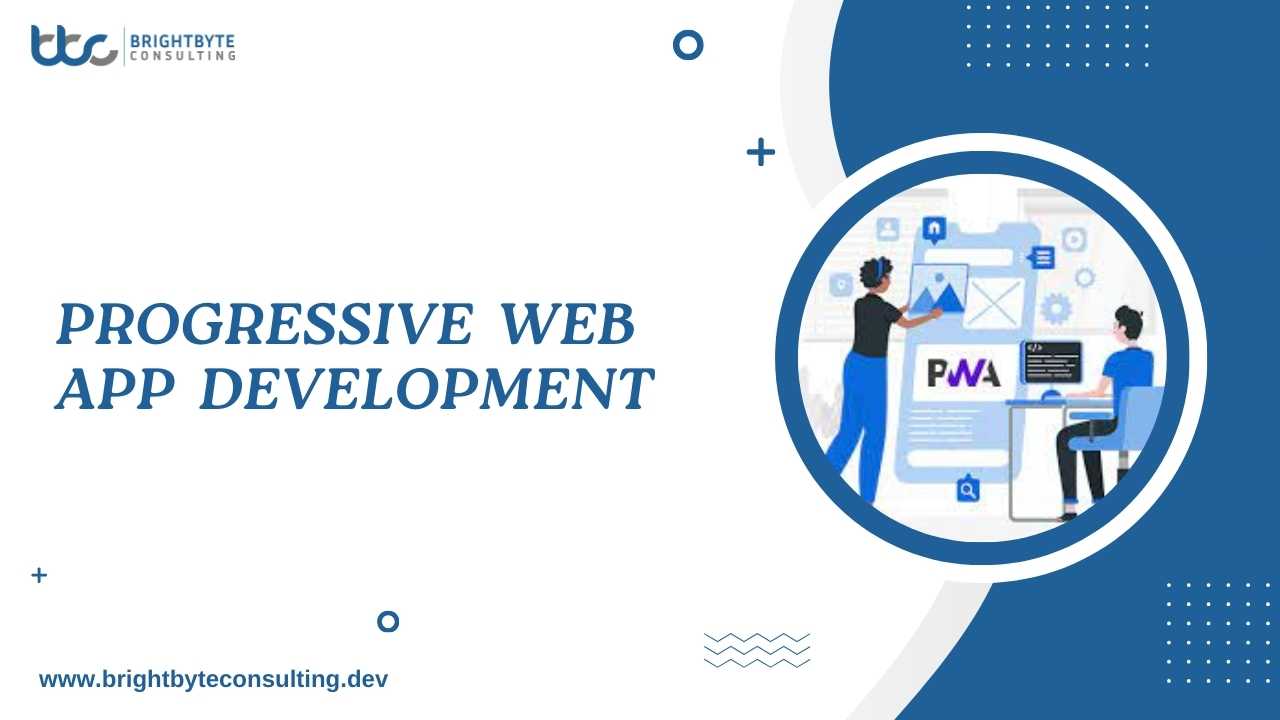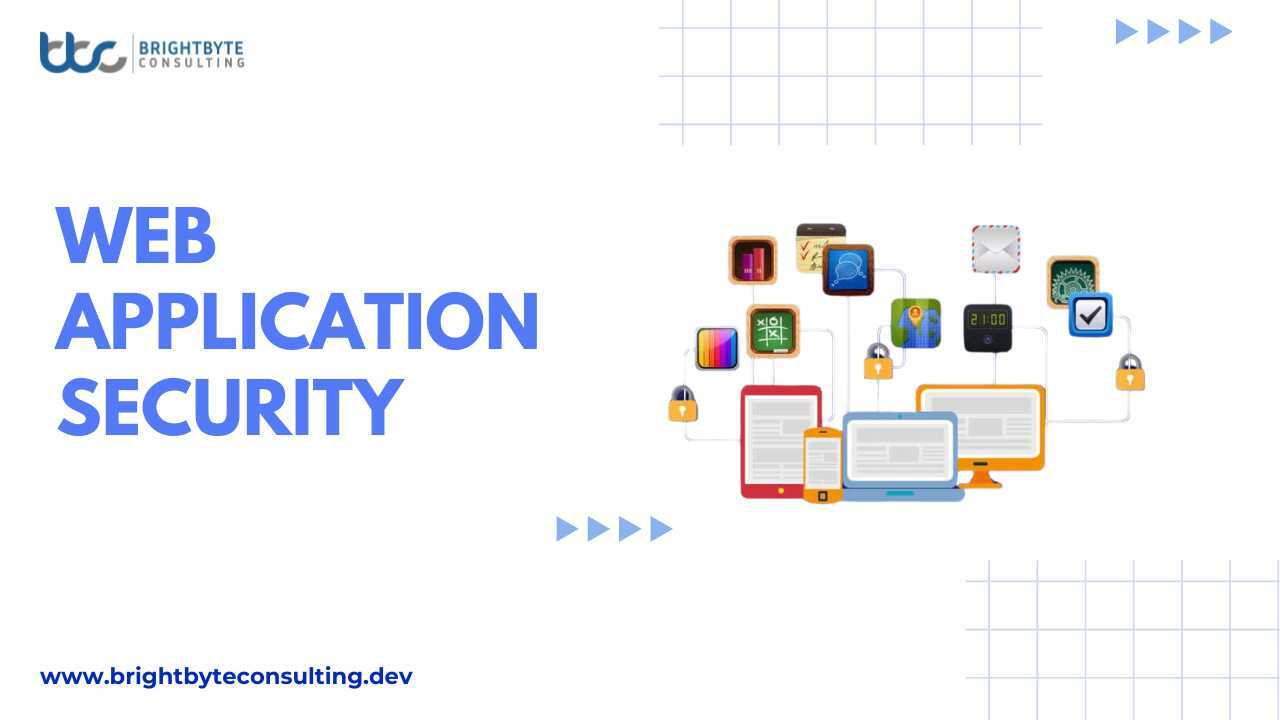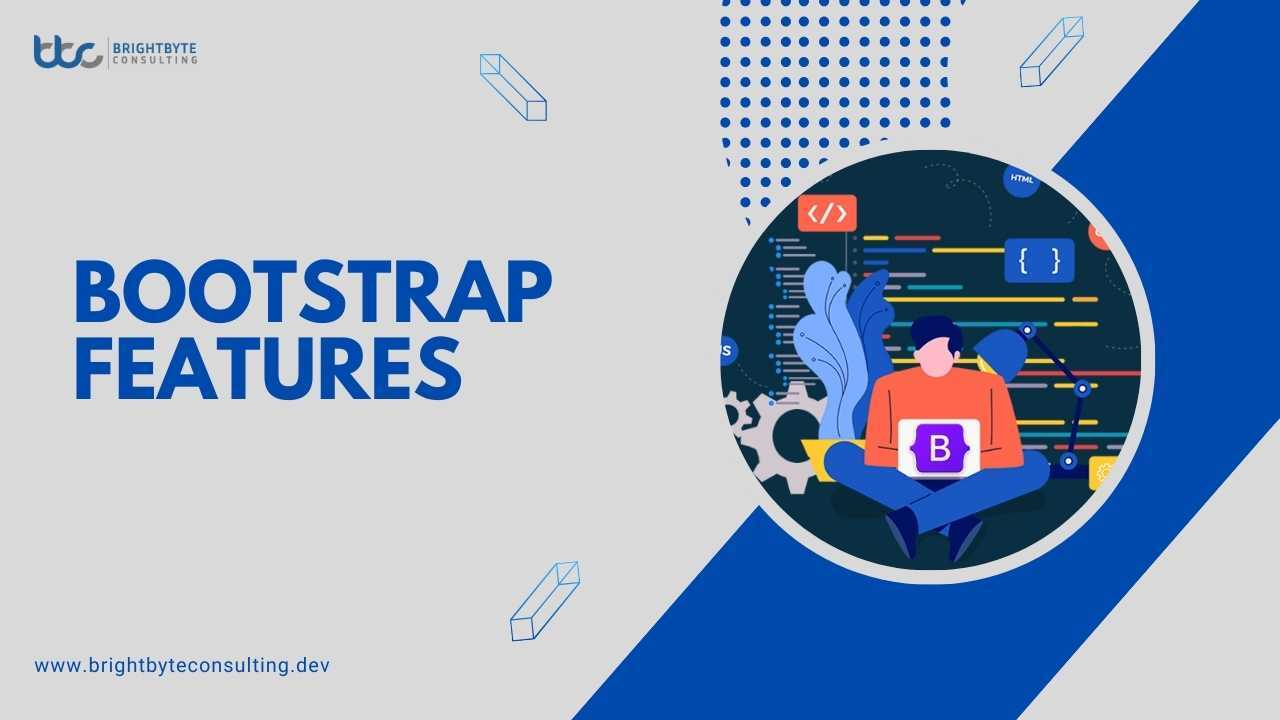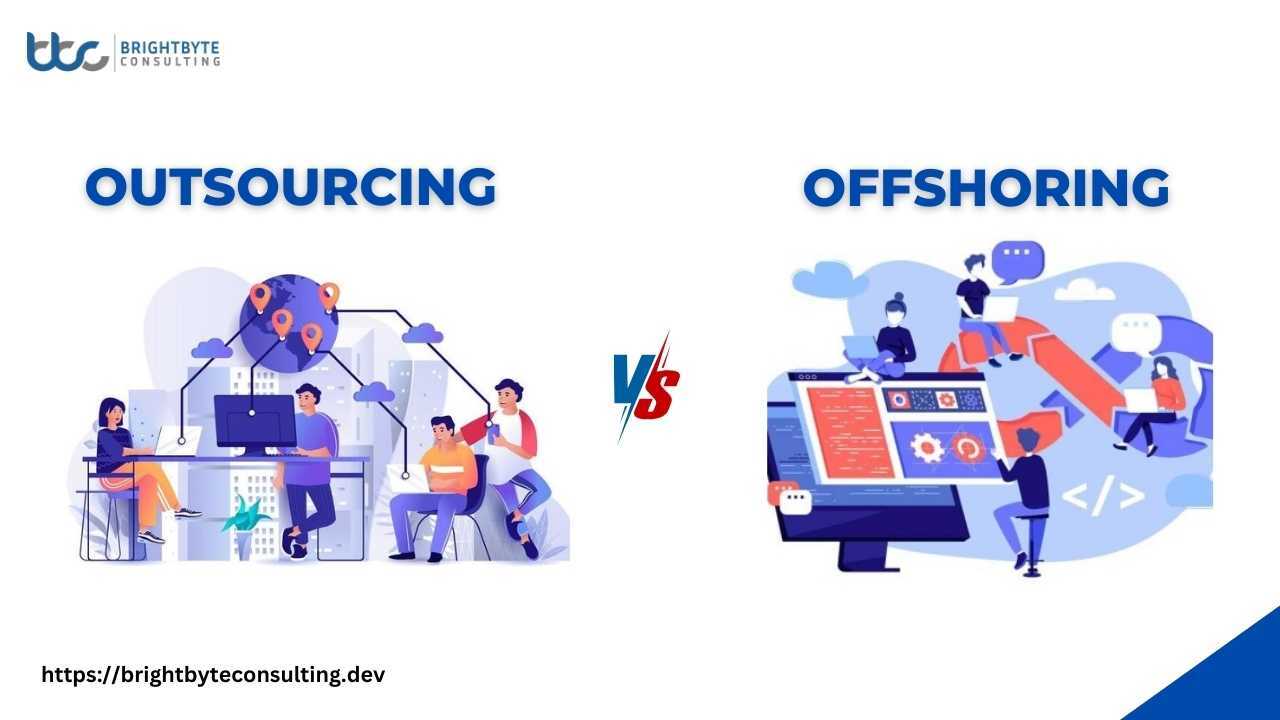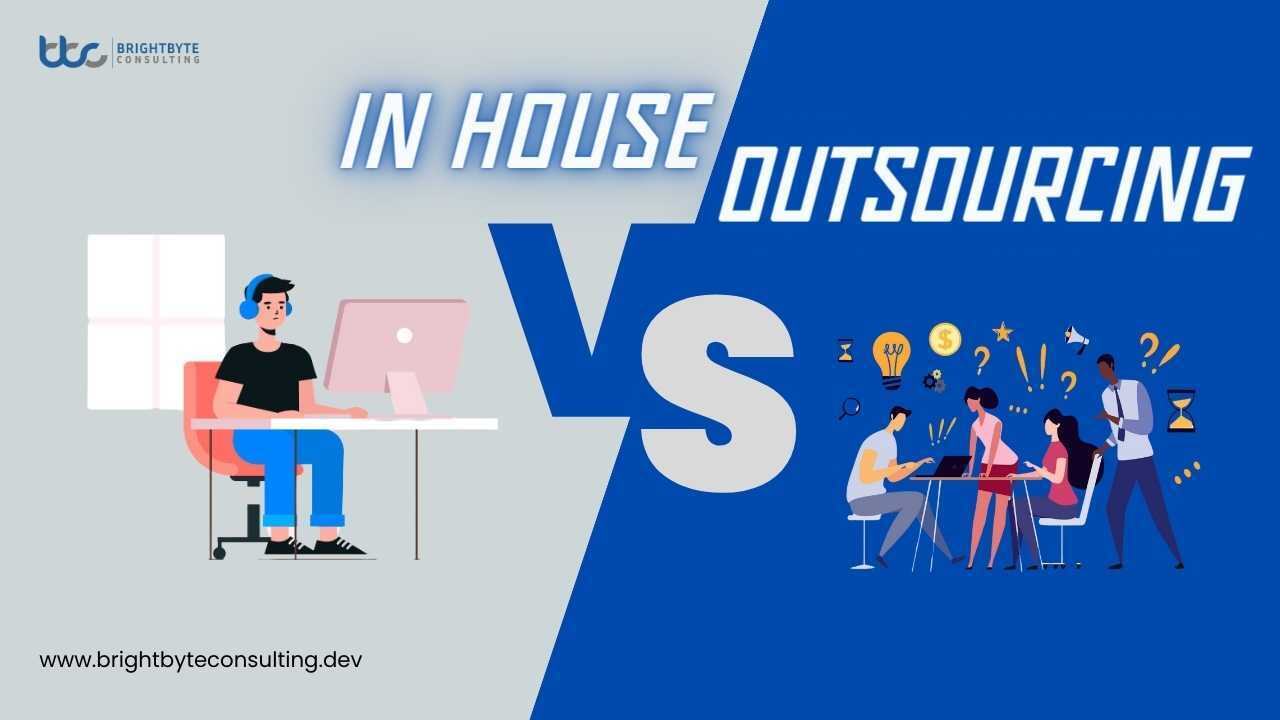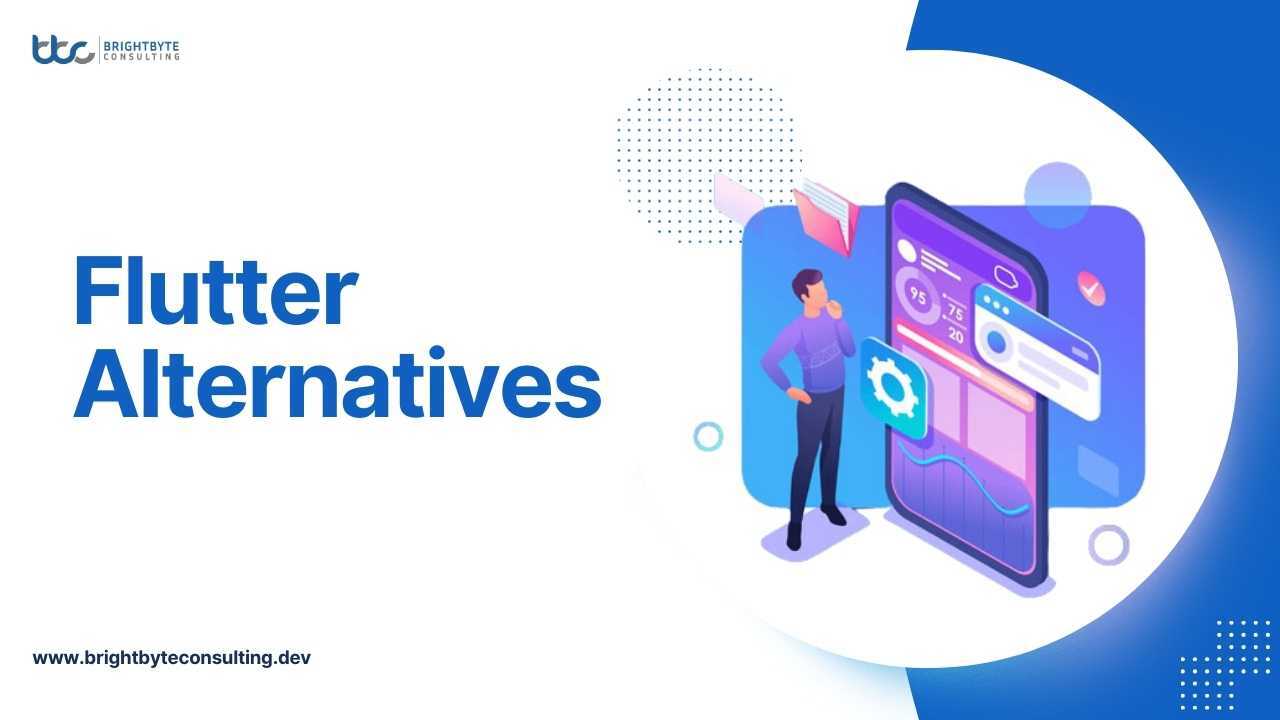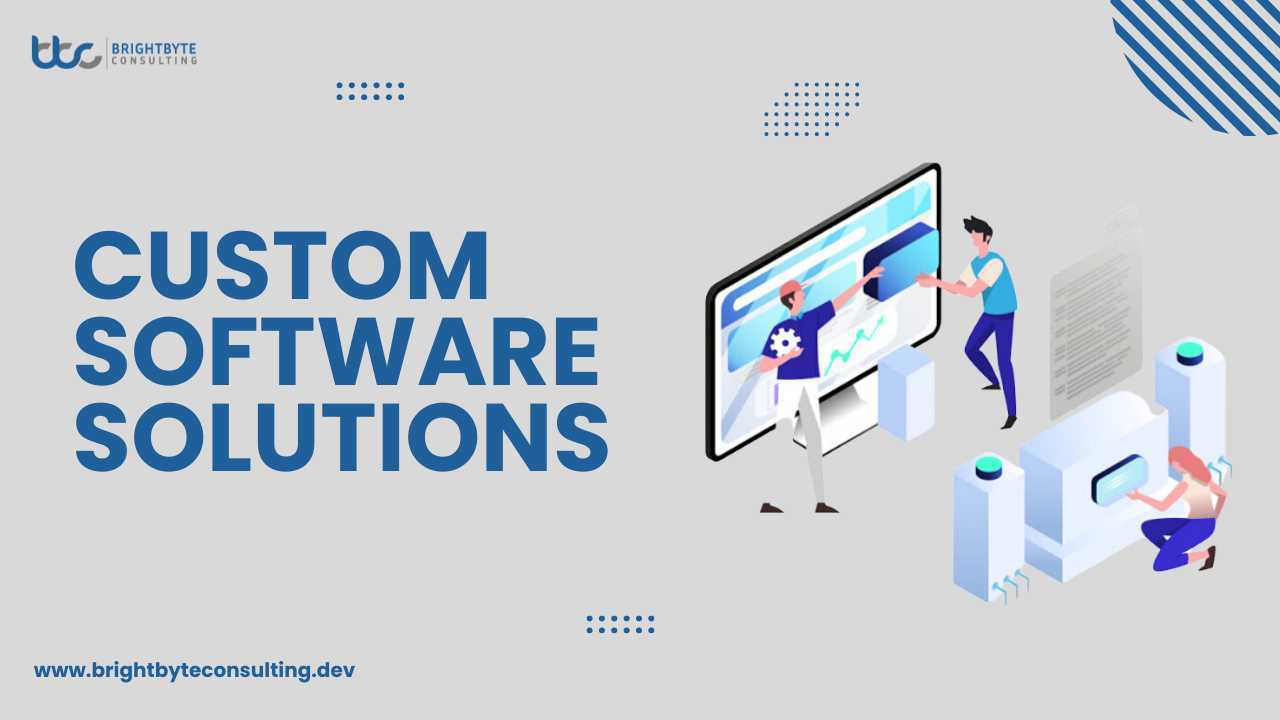Traditional mobile applications are facing challenges due to the overwhelming number of apps in the App Store and Play Market. This flood of apps makes it difficult for businesses to stand out and for users to find what they need efficiently. Moreover, the development of conventional mobile apps is both expensive and time-consuming, often resulting in sluggish and complicated user experiences.
Enter Progressive Web Apps (PWAs) , a solution poised to revolutionize the digital landscape. But what exactly is PWA technology, and why is it considered the future of app development? PWAs are web applications that provide the functionality of native mobile apps while leveraging the capabilities of modern web browsers. As the demand for PWAs continues to grow, a progressive web app development company plays a crucial role in helping businesses capitalize on this emerging technology.
What Is Progressive Web App Development?
Progressive Web App (PWA) development refers to the process of creating web applications that leverage modern web technologies to offer users an app-like experience directly through a web browser. PWAs combine the best features of both web and mobile applications, providing users with fast, reliable, and engaging experiences across various devices and platforms.
Key Aspects of Progressive Web App Development
- Responsive Design: PWAs are built to be responsive, ensuring that they work seamlessly across different screen sizes and devices, including smartphones, tablets, and desktops.
- App-Like Experience: PWAs aim to replicate the look and feel of native mobile apps, offering features such as smooth animations, immersive full-screen mode, and offline functionality.
- Service Workers: Service workers are a key component of PWAs, enabling features like offline access, background synchronization, and push notifications. They act as a proxy between the web application and the network, allowing PWAs to deliver a fast and reliable user experience even in challenging network conditions.
- App Manifest: PWAs use a web app manifest file to provide metadata about the application, such as its name, icons, and theme colors. This information enables PWAs to install on a user’s device and appear on the home screen, similar to native mobile apps.
- Progressive Enhancement: PWAs are designed with progressive enhancement in mind, meaning they should work on any device and in any browser, regardless of whether the browser supports all PWA features. This ensures that all users can access the core functionality of the application, with additional features available to those using modern browsers.
- Security: Security is a critical aspect of PWA development, especially considering the use of service workers and features like push notifications. PWAs use HTTPS to ensure secure communication between the application and the server, protecting user data and preventing man-in-the-middle attacks.
Overall, a Progressive Web App Development company focuses on creating web applications that offer the best possible user experience, combining the reach and accessibility of the web with the capabilities of native mobile apps. By leveraging modern web technologies, PWAs provide businesses with a cost-effective and efficient way to engage with their customers online.
Pros & Cons Of Progressive Web App Development
| Pros | Cons |
| Cross-platform compatibility | Limited access to device hardware APIs |
| Offline functionality | Limited support on older browsers |
| No installation required | Limited discoverability compared to app stores |
| Improved performance and speed | Limited access to platform-specific features |
| Lower development and maintenance costs | May have limitations in complex applications |
| Enhanced security with HTTPS | Dependency on browser support and standards |
| Improved discoverability through search engines | Difficulty in implementing some advanced features |
What Can We Do For You?
As a progressive web application development company, BBC begins by engaging in the discovery stage, prototyping, proof of concept (POC), or minimum viable product (MVP) development. Subsequently, our team focuses on creating a responsive design that ensures flawless appearance and functionality across all platforms and devices. Throughout the progressive app development process, we tailor our approach to meet the specific needs of each business, prioritizing a deep understanding of customer requirements and interests.
Continuous testing is integral to our methodology, enabling us to rectify errors promptly and prevent further issues. In cases where a business already has a website and seeks to transition to PWA technology, BBC provides a comprehensive migration strategy, meticulously planned and executed to ensure a smooth transition.
Conclusion
In conclusion, Progressive Web App (PWA) development represents a significant advancement in the realm of digital solutions, offering businesses a versatile and efficient means of engaging with their customers online. By combining the best aspects of web and mobile applications, PWAs provide cross-platform compatibility, offline functionality, improved performance, and enhanced security. However, they may face challenges such as limited access to device hardware APIs and discoverability compared to traditional app stores.
As a progressive web application development company like Bright Byte Consulting, we are committed to delivering tailored solutions that meet the unique needs of our clients. From the initial discovery stage to the final product launch and beyond, we prioritize customer satisfaction and strive to provide seamless user experiences across all platforms and devices. With our expertise in PWA development, we empower businesses to capitalize on this emerging technology and stay ahead in the competitive digital landscape.
FAQs
What is a Progressive Web App (PWA)?
A Progressive Web App (PWA) is a type of web application that leverages modern web technologies to provide users with an app-like experience directly through a web browser. PWAs combine the best features of both web and mobile apps, offering offline functionality, push notifications, and enhanced performance.
Why are PWAs considered the future of app development?
PWAs offer several advantages over traditional mobile apps, including cross-platform compatibility, improved performance, and lower development costs. With the ability to work seamlessly across different devices and browsers, PWAs provide businesses with a cost-effective and efficient way to engage with their customers online.
What are the key aspects of Progressive Web App Development?
Key aspects of PWA development include responsive design, app-like experience, service workers for offline functionality, app manifest for installation, progressive enhancement for compatibility, and security measures such as HTTPS.
What are the pros and cons of Progressive Web App Development?
Pros include cross-platform compatibility, offline functionality, no installation required, improved performance, lower development costs, enhanced security, and improved discoverability through search engines. Cons may include limited access to device hardware APIs, limited support on older browsers, and difficulty in implementing some advanced features.
What services does a Progressive Web App Development company offer?
A Progressive Web App Development company typically offers services such as discovery stage consultation, prototyping, MVP development, responsive design implementation, migration strategies for existing websites, SEO optimization, continuous testing, and ongoing support and maintenance post-launch.

